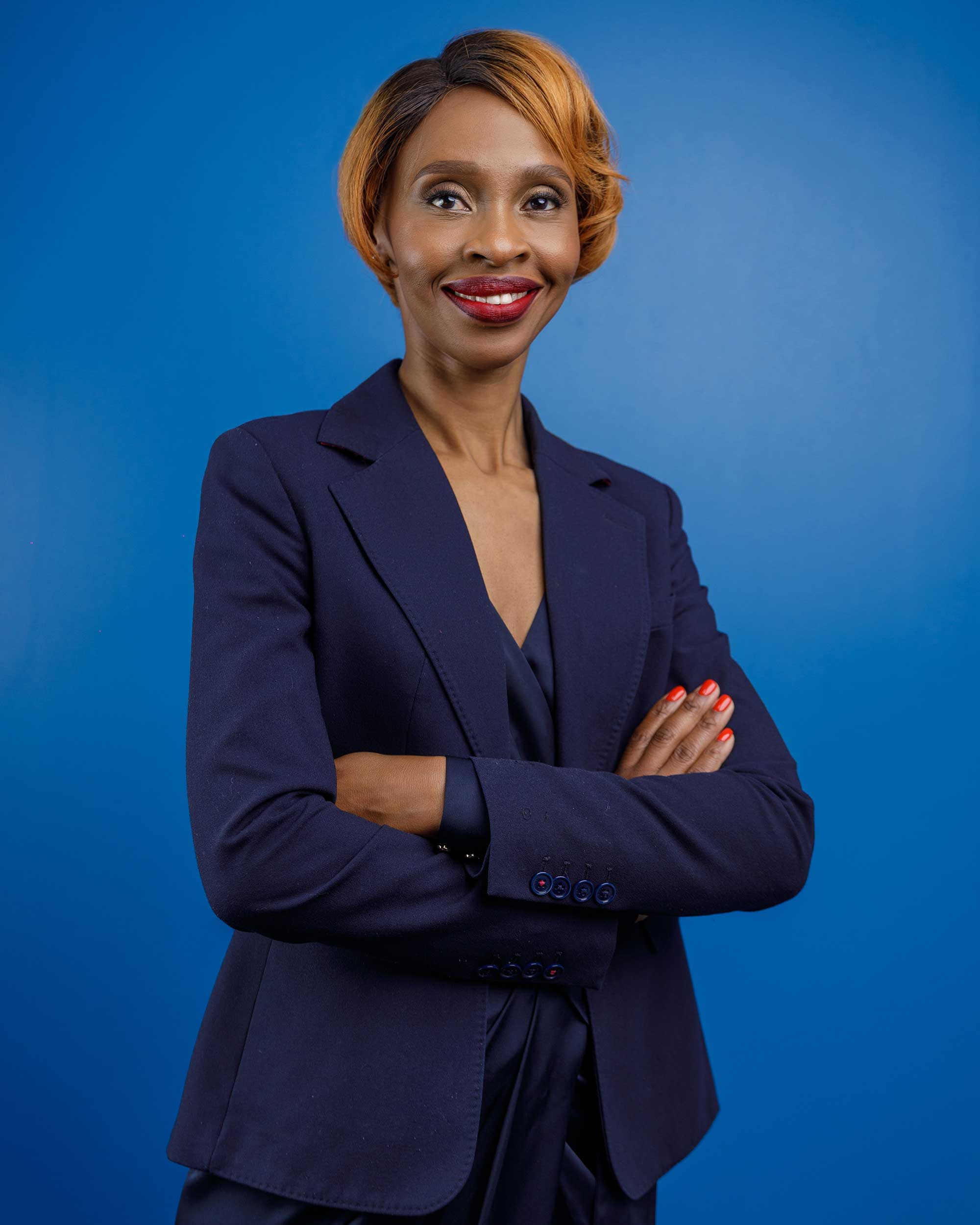LUCIA MABASA
ONE OF THE SADDEST aspects of the current state of business in South Africa is the incredibly high level of malfeasance, whether in the highest echelons of listed companies, State-Owned Enterprises (SOEs) or the public service. We read almost every day of the consequences of corruption and collusion. As a specialist in executive placement, we see this instances of this often.
We all know about the unprecedented collapse of a multinational like Steinhoff, the disgrace of global consulting company like Bain, the tainting of a major accounting firm like PwC and public funds squandered in one of other state procurement scandals.
What we do not hear of is the effect on the lives of the countless honest, upright and ethical corporate whistleblowers and professional public servants who stood up against it. Many have been scarred for life by the experience, almost all of them have lost their jobs for not toeing the line and turning a blind eye.
We know of the big whistle blowers, those who were forced to flee in fear of their lives, but there are many others, whose stories we don’t know. All of them are highly experienced. Most of them are black African female Chartered Accountants, for the obvious reason that finance departments are the frontlines in the war of corruption and corporate collusion.
All of them should find high paying jobs at the drop of a hat, but one thing that very few people realise is how difficult it is for these people to find employment after having been in tainted institutions. There are two key reasons for this: the first one is that the public reporting on corporate collusion and state capture has been so thorough that having a stint at one of these companies, departments or SOEs on your CV is almost like admitting to your own incompetence – or culpability – in the eyes of some recruiters.
It’s massively unfair.
What’s worse is that some other companies shy away from hiring whistle blowers, because sometimes their own concept of ethics and integrity is a lot different to the standard they hold others to. And then there are companies which just don’t want risk of the associated exposure of having such high-profile people like you on their staff.
That’s not fair either.
What it does mean, is that if you have been employed at a tainted institution, and then left because you blew the whistle or because you just didn’t want to be part of what was going on, once you saw what was happening, the painful truth is that your CV might not even make it past the weeding out process to make it onto the shortlist for the interview process at an executive recruitment agency in South Africa. Don’t be discouraged.
If you do make it to the interview part, get the controversial chapter of your professional life out of the way as early as you can. Don’t wait for it to come up because you know it’s coming and you need to understand that some of the panellists are just waiting for their opportunity to ask you about it, so they aren’t even engaging in the interview process.
Instead front up, own it and as you do, either explain how that experience makes you an incredibly attractive option for them to hire. Conversely, show an executive employment agency panel that whatever happened at the institution – and after you left – has no bearing on your ability to do the job.
KPMG had – and still has – some of the finest accountants in the world. Steinhoff became the success story that it was because of the strength of the people that it had doing the day-to-day work. The SABC had – and still has – incredible journalists, many the global equal of any other broadcaster. The SAA had some of the finest pilots in the world, technical experts and back office specialists under Dudu Miyeni, who was later legally declared a delinquent director. Were all these people the image of their chairs or CEOs? Of course not.
The biggest issue is to own the narrative and not let it define you, so get it out of the way as early as possible in the interview and use the rest of the time to be able to project yourself as the best candidate for the current post by highlighting all your other attributes and skills and how these match to what the job requires.
But, whatever happens, don’t give up – and most of all don’t drop your standards. It is difficult out there, it is disheartening. It’s especially desperate to face the double jeopardy of standing up for what you believe in and then being unable to get another job because you’re seen as a risk to another company, a potential threat who might blow the whistle on what they’re doing or disrupt their staff by being a corporate whistleblower.
Don’t change yourself for them, just keep applying, keep trying. Do the piece work jobs, the consulting gigs and whatever it takes to keep earning your living and providing for those you love because ultimately, the right company is waiting for you.
The good news is that there are many out there: companies with the right attitude, the right values and the right job just for you, without you having to have a flexible sense of personal ethics or two different variants of integrity to apply as the situation demands it.
And remember, South Africa needs more corporate whistleblowers like you, even if it doesn’t feel like it at the moment.
- Lucia Mabasa is managing director of pinpoint one human resources, a Johannesburg based executive search firm. Visit pinpointone.co.za for more information.





